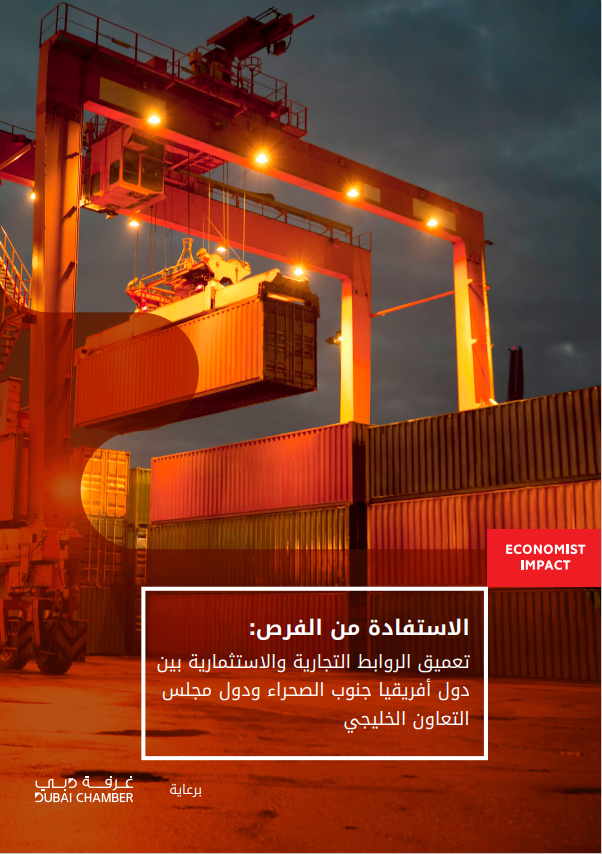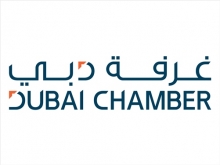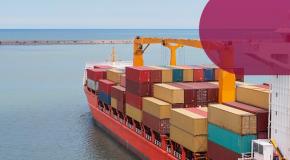Executive summary
Sentiment on the economic promise of Africa seems to ebb and flow. African economic growth has been anaemic over the past decade, and the continent continues to grapple with fundamental challenges around improving transport infrastructure and electrification. Since the start of the covid-19 pandemic, some of these development priorities have been pushed further down the agenda.
The continent’s governments must recognise that addressing these challenges will be pivotal in realising Africa’s potential. But to achieve these goals with limited resources, African governments must cultivate relationships with other regions, not just as potential investors in African businesses and infrastructure but also as markets for their products and services.
This report, following on from a series of reports prepared by The Economist Intelligence Unit over the past seven years, examines the potential for Africa to deepen ties with the Gulf Co-operation Council (GCC) countries, in the context of sectors currently poised for growth as well as those that are greatly in need of external support.
The key findings of this report are:
-
Africa must get the basics—including regulation and infrastructure—in place to spur growth in key sectors. ‘Burdensome regulation and bureaucracy’ was the top impediment to business growth in our survey, cited by 59% of respondents. In addition, addressing the continent’s transport, electricity and digital- infrastructure deficits will be critical in delivering growth in key sectors. Executives in financial services and fintech (90%), healthcare (89%), agriculture and food (87%) and retail and e-commerce (74%) are expecting revenue to expand in 2022.
-
The digital economy will be an essential component of African growth. In 2022, 35% of respondents to our survey are expecting online channels to generate the bulk of their revenue, compared with 22% in 2019. All the sectors poised for expansion in 2022 have strong digital delivery links— from fintech to telehealth, and from digital platforms for farmers to e-commerce for broader retail. There are some lessons that Africa could learn from regions such as the GCC, which have led strong digital transformation programmes domestically.
-
The GCC region can support Africa in addressing critical infrastructure deficits. GCC-based companies such as DP World and ACWA Power are making progress on transport and energy infrastructure in Africa. Etisalat is operating on the continent, expanding their telecommunications infrastructure, which is vital in enabling e-commerce, fintech and education, among other sectors, to thrive.
-
African businesses can help the GCC’s strategic initiatives too. Healthcare companies such as Mediclinic have been operating in the UAE since 2007, helping to expand services in this vital sector. Meanwhile, efforts to efficiently deliver agricultural products from Africa to the GCC can help with the latter region’s food security.
 |
| Download Arabic Report |





